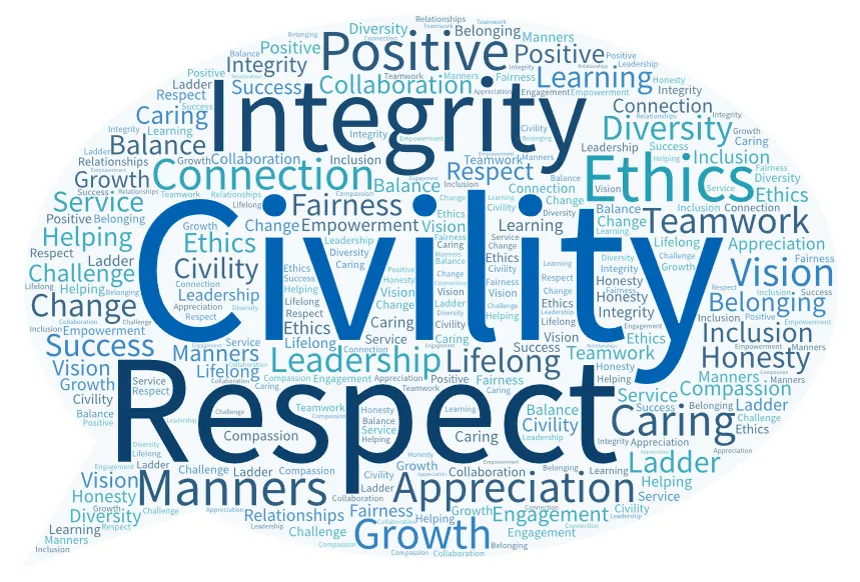
Darkness cannot drive out darkness, only light can do that. Hate cannot drive out hate, only love can do that. – Dr. Martin Luther King, Jr.
As a child of the 1960s growing up in Memphis, Tennessee, I am old enough to remember – ever so vaguely, scenes of President John F. Kennedy’s funeral on our black-and-white television.
A few years later, I distinctly recall being at the Sears crosstown with my family shopping for Easter clothes when the announcement came out over the store speakers telling everyone that the store was closing immediately because a few miles away, Dr. Martin Luther King, Jr. had been shot.
I also remember the tragedy that befell presidential candidate Robert F. Kennedy who was assassinated in Los Angeles.
I also sadly remember the attempted assassination of President Ronald Reagan.
And now, we have the attempted assassination of former president Donald Trump. Once again, we are a nation divided. I humbly and strongly submit, that we can and should do better – be better. Like you, I am concerned and want to lend my voice in whatever small capacity of influence it brings to reflect on paths forward.
As a person of faith, my worldview is guided by that faith. I am reminded of the words of the Apostle Paul who wrote in Romans 12:18, “If possible, so far as it depends on you, live peacefully with all.” Paul’s words, if taken to heart, ought to transcend our religious differences, our political differences, our racial differences, etc.
In a world so deeply divided, how do we even come close to living by words of peace and civility? Is it just a pipe dream? Is it even worth trying? Where do we begin? Here are my thoughts on a pathway forward.
Begin with yourself
Before you and I can begin to possibly make a positive difference in our world, it must begin within each individual’s heart and mind. I am accountable for my words and actions. So are you. And in that light, we must set for ourselves a higher standard of discourse. That benchmark is not set based on what we see others do or by what others say, but by our desire to live peacefully with all. You and I don’t answer for the words and actions of others, only our own.
John Maxwell said, “Doing what’s right for the right reasons should be the goal- even if it costs me.” And this is also part of the personal responsibility that we embrace. It may cost us, but we must commit to doing it.
Reflection Question: Will you join me in committing to personal responsibility for your words and actions and in that light, using them for good?
Respect for all
Those of you reading this come from every possible background. We have similarities, we have differences. Above it all, we share a common bond of humanity that transcends it all. Your points of view may not be mine, and my views may not be yours, but our mutual respect should be what defines us. I would like to think that I am a better person because of people in my life with differing views. Yours can be as well. Click To Tweet
Mother Teresa said, “We do not need guns or bombs to bring peace, we need love and compassion.” Living peacefully with all begins with respect for all.
Reflection Question: Do I genuinely show respect for all people and how can I do a better job of showing it?
Take the high road
At some point in time, with all “living peacefully together” intentions embraced, you will not always see eye-to-eye with others and differences will not be reconciled. How you react and move forward is critical.
It’s also important to understand, unfortunately, that there is an element of people who only live with vitriol in their hearts with no intention of being a part of the solution. I get it and I believe you do as well. But this is written for the benefit of those who are tired of the hate and who genuinely want a “more perfect union” that benefits all of us.
To take the high road, we must be on the high road and seek with all of our hearts to lift others there as well.
Reflection Question: Are you willing to take the high road and be a part of the solution to lift others to a more civil discourse despite the differences you have with others?
It begins one heart at a time and it begins with each one of us individually.
©2024 Doug Dickerson



